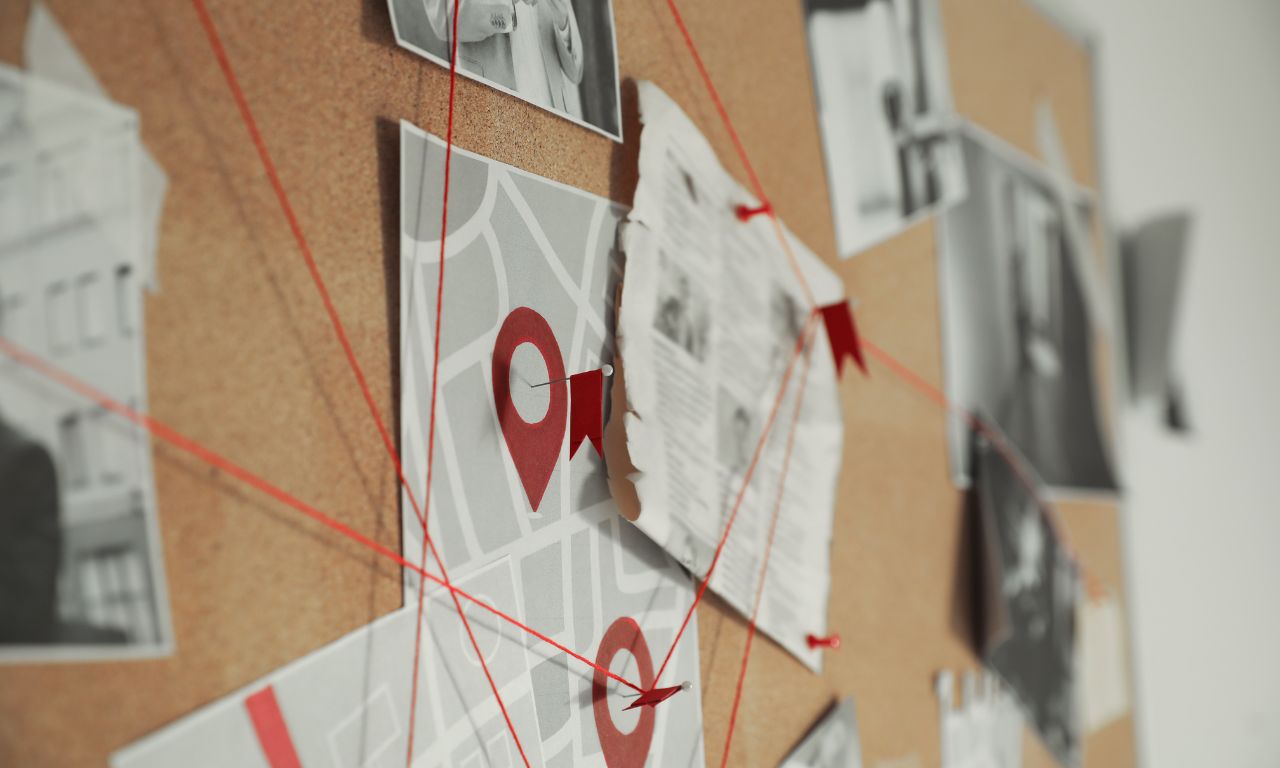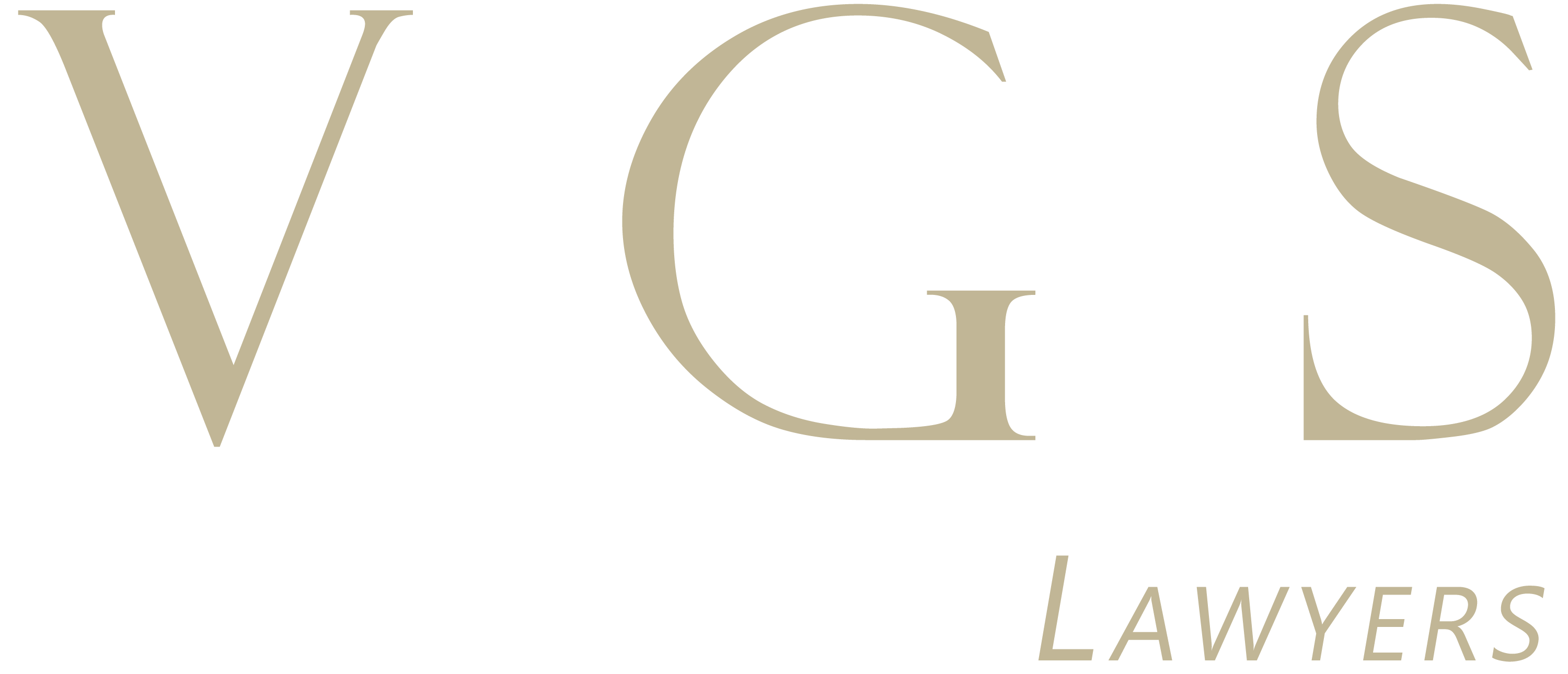Are Private Investigator Photos Admissible Evidence in Court?

The admissibility of private investigator photographs as evidence in court has become a pertinent question in legal circles. With the increasing reliance on investigative agencies to gather evidence of marital infidelity or employee misconduct, the value of photos captured by hired detectives has come under scrutiny. But do these photos hold weight as evidence in a courtroom?
The issue was recently addressed by the Court of Cassation in a landmark ruling, Ordinance No. 4038, issued by the First Civil Section on February 14, 2024.
To understand the value of photos from investigative agencies, it’s essential to examine the legal framework. According to Article 2712 of the Civil Code, photographs are treated similarly to photocopies or any other mechanical reproductions. They carry the same evidentiary value as any other document, such as a contract, unless contested by the opposing party during the legal proceedings.
If, for instance, a spouse submits photos capturing their partner engaging in infidelity, and the accused party does not expressly contest them in court, these photos automatically become evidence. Non-contestation, whether explicit or tacit, implies recognition of the photos’ reliability.
However, if contested, the challenging party must provide specific reasons casting doubt on the authenticity or context of the images. The court may then consider whether the photos accurately depict the subjects, actions, or timing. Contesting parties must demonstrate potential inconsistencies to undermine the photos’ credibility.
Similar principles apply to the detective’s report accompanying the photos. Unless testified to in court, the report itself holds no probative value. However, the photos accompanying the report retain their evidentiary significance, subject to the same rules of contestation.
The Cassation ruling introduced an intriguing aspect: even if contested, the judge retains discretion in evaluating the photos’ validity. The court may weigh other supporting evidence alongside the contested photos to make an informed decision.
Contrary to disowning a signature on a document, contesting photos doesn’t automatically invalidate them. Instead, the court may consider various factors, including corroborating evidence, to assess their reliability.
In summary, contesting private investigator photos in court doesn’t render them inadmissible outright. Judges may still consider them alongside other evidence, evaluating their credibility based on the overall merits of the case.
VGSLawyers is a law firm specialised in Family matters under Italian Law, in case you need assistance feel free to contact info@vgslawyers.com
